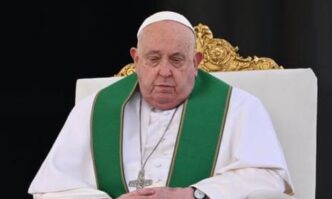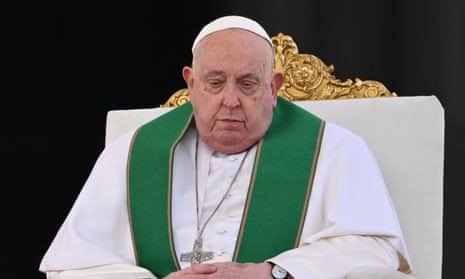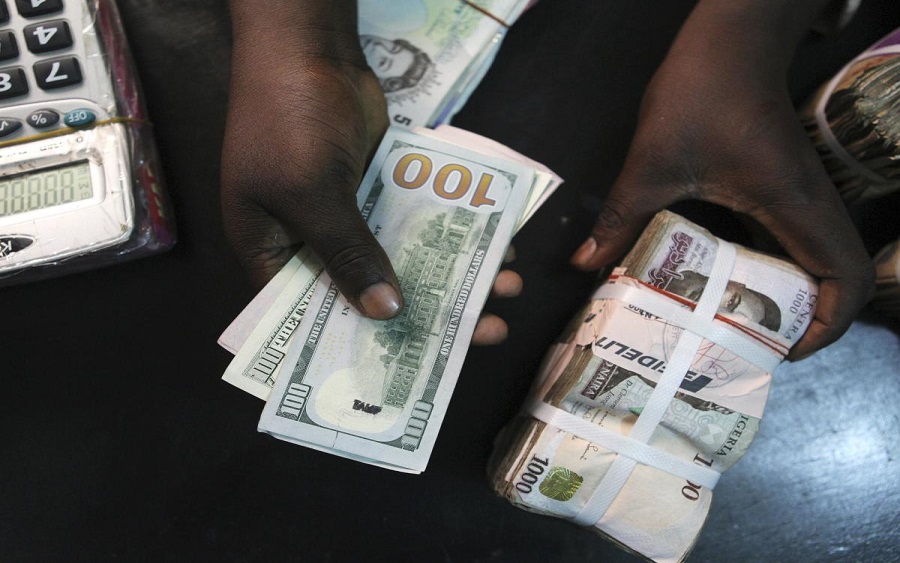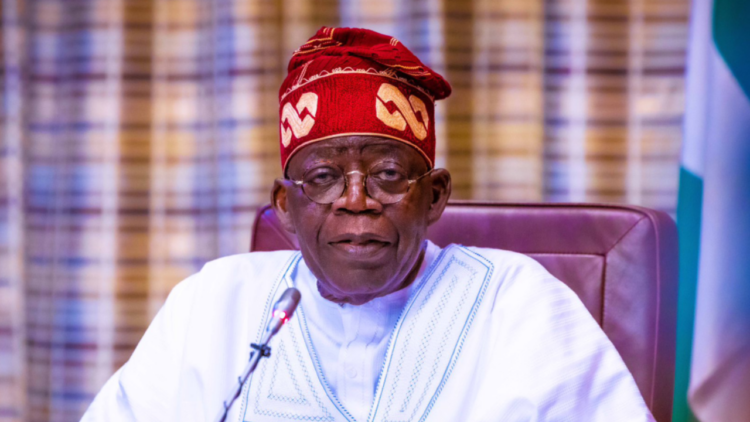Monetary Policy Committee (MPC) of the Central Bank of Nigeria (CBN) has decided to maintain the Monetary Policy Rate (MPR) at 27.50 percent, a key benchmark for interest rates in the nation.
Gatekeepers News reports that this announcement was made by CBN Governor Olayemi Cardoso during a press conference following the committee’s 299th meeting held in Abuja.
The MPC has implemented a series of interest rate increases since May 2022, with a total of 15 hikes to date. The recent decision to hold the MPR comes after a report from the National Bureau of Statistics (NBS) indicated a decrease in Nigeria’s inflation rate, which fell to 24.48 percent from 34.8 percent, following adjustments to the Consumer Price Index (CPI).
During the media briefing, Cardoso stated that the committee members reached a unanimous vote to keep the MPR at its current level. Additionally, the committee has retained the Cash Reserve Ratio (CRR) at 50 percent and the Liquidity Ratio at 30 percent.
Cardoso further highlighted that the MPC observed recent macroeconomic developments with optimism, noting that these trends are anticipated to have a positive effect on price dynamics in the near to medium term.
“These include the stability in the foreign exchange market with the resultant appreciation of the exchange rate and the gradual moderation in the price of PMS,” Cardoso said.
“Members, however, were not oblivious to the risk of persisting inflationary pressures driven largely by food prices.
“The committee noted the recent revision of the Consumer Price Index, CPI, by the National Bureau of Statistics, NBS, which reviewed the weights of items in the consumption basket to reflect current consumption patterns.
“The committee further noted that as the federal government continues to improve security in food-producing communities, supported by other measures to enhance food supply, food prices are expected to continue to moderate.”
Cardoso also said the committee called for continuous strengthening of collaboration between the monetary and fiscal sectors to achieve the mutually beneficial objectives of price stability and sustainable growth.
“The committee highlighted the benefits of the improvements in the external sector to exchange rate stability, including the convergence of rates between the Nigeria foreign exchange market and the bureau de change,” he added.
“The committee also urged the bank (CBN) not to relent in its efforts to boost market liquidity.”
He said the MPC urged CBN not to relent on its keen surveillance of the banking system, especially at a time of significant exogenous and endogenous headwinds.
Cardoso said the committee acknowledged the various policies by CBN aimed at anchoring inflation expectations, easing exchange rate pressures, deepening financial inclusion and improving the transmission mechanism of monetary policy.









